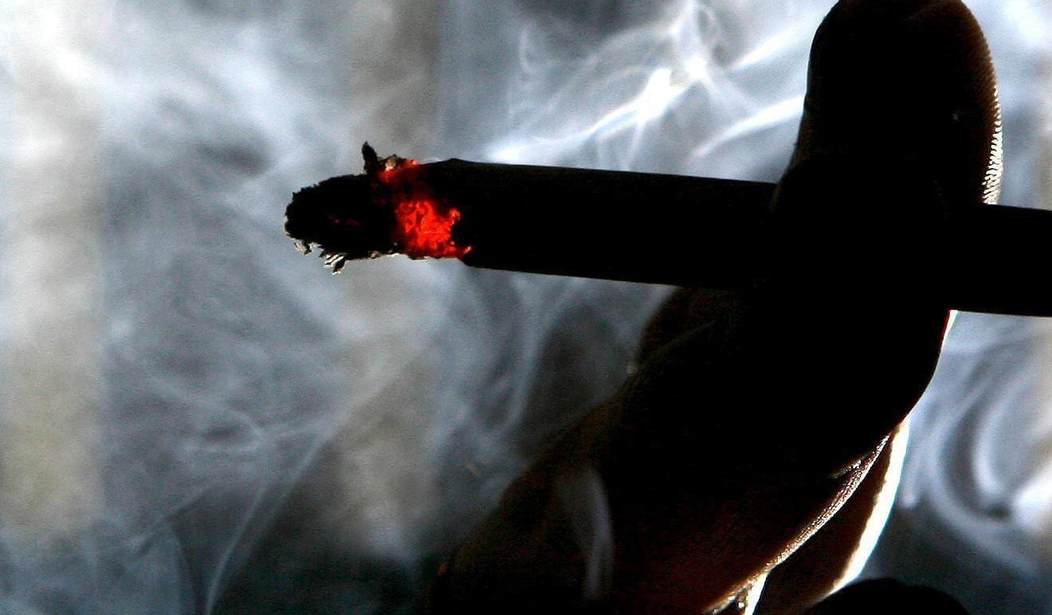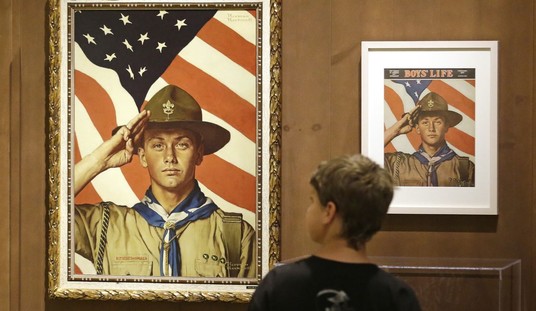WASHINGTON – Though the illicit cigarette trade may seem petty in nature, perpetrators largely use the proceeds to fund more dangerous activities involving narcotics, wildlife smuggling, blood diamonds and terrorist attacks, according to experts.
Louise Shelley, a transnational crime scholar at George Mason University, told the Helsinki Commission on Wednesday that one of the Kouachi brothers, who carried out the 2015 Charlie Hebdo mass shooting in Paris, was collecting income from illicit tobacco sales. She also cited a recent case in the Czech Republic, where officials uncovered a group engaged in the illicit trade of cigarettes and rhino horns from South Africa. Finally, she said that during a visit to the country of Georgia more than a decade ago she found that illicit tobacco sales fund subversive efforts in Iraq.
“We need to think about the illicit cigarette trade as not a standalone crime. It converges with the drug trade, with wildlife smuggling, counterfeit goods and other crimes,” Shelley said.
Based on estimates, the illicit cigarette industry amounts to anywhere from $40 billion to $50 billion in lost annual revenue for governments worldwide. The European Commission estimates that the EU alone loses $11.6 billion every year to the criminal cigarette trade. Because cigarettes are significantly cheaper in Eastern Europe, there’s a lucrative market for illicit sales in the EU.
Shelley described France as the “contraband capital” for the illicit cigarette trade, with rampant deals in Paris and Marseilles. According to her, 40 percent of cigarette sales in Marseilles are illegal. Italy’s market for cigarettes, she added, is largely controlled by organized crime groups.
Chairman Roger Wicker (R-Miss.) asked Shelley how easy it would be for him to buy a carton of illegal cigarettes in the U.S. She said that the senator could find a store within a mile of the Capitol that would sell him a carton under the table potentially for half the price, as many businesses sell both legal and illegal products.
Shelley said it would be even easier for Wicker to buy a carton online from a company that could ship the product through the U.S. Postal Service.
“There is very little chance that you’re going to be caught,” she said, noting that authorities and companies are overwhelmed with higher profile crimes, like illicit packages of opioids. “They hardly have any chance to be looking at other illicit products that are coming through. It’s just a massive problem to try to find the needles in the haystack.”
Shelley suggested increased attention from law enforcement, a rethinking of tax policies on cigarettes to decrease the incentive for the black market and a crackdown on high-level corruption that enables the industry.
According to Marc Firestone, senior vice president and general counsel for Phillip Morris International, illicit organizations have created their own illegal cigarette brands, which he called an “invasive species” that is undermining global regulatory framework. Firestone said that these groups will manufacture the cigarettes in one country and ship them to another, where prices for the product are high. He suggested greater control of supply chains and stiffer penalties for those caught in the trade.
David Sweanor, a professor at the University of Ottawa, suggested better access to cigarette alternatives like vaping products and e-cigarettes, as the vast majority of smokers, he said, admit that they would like to quit.
Wicker described the illicit cigarette trade as a “significant threat,” and said that the link to terrorism and corruption cannot be understated.
“If you think you’re going to save $20, $30, $50 on this illicit product, you’re engaged in something much bigger, and you’re funding some of the worst actors who have walked the face of the earth,” Wicker said.









Join the conversation as a VIP Member